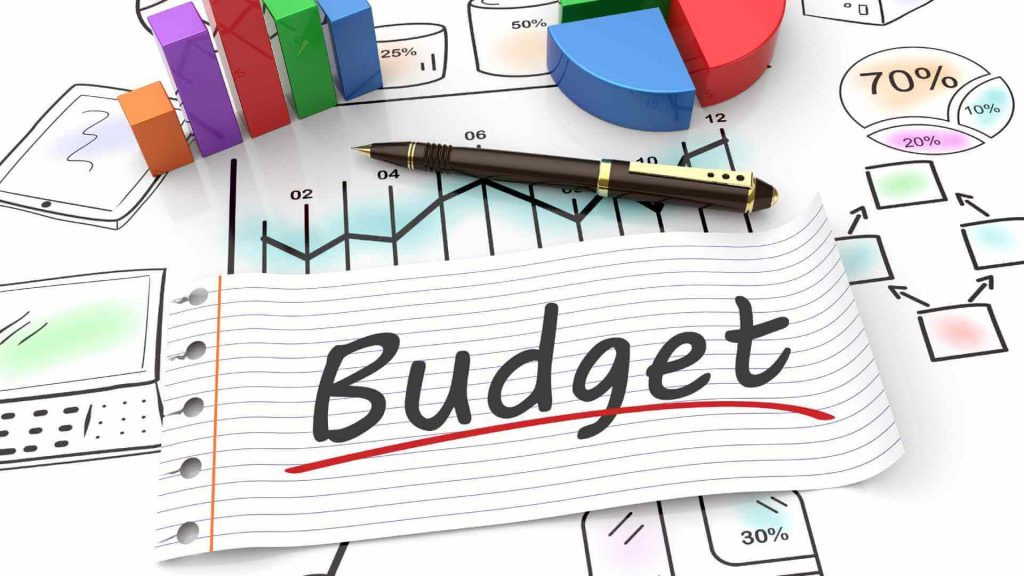On Your Mark, Get Set, Budget!

“You should not spend more than what you earn.”
You’ve probably heard it before. And it sounds simple, right?
In principle, it is.
But in reality, it isn’t. This is because the economy is designed for you to face debt at some stage in your life.
But that doesn’t mean it’s inevitable to fall into – and stay in – debt. With the right effort and management, you can counter the culture of living in debt and make saving a regular rhythm in your financial life.
Imagine being able to put additional cash towards that holiday you’ve been planning for years, or finally doing the home renovations that have had to take the backseat until now. It’s possible! But it takes a good budget to make it happen.
What is a budget?
Budgeting gets the worst rap at times. We hear the word “budget” and people switch off without any interest.
But budgeting is the building block of your personal finances. Regardless of whether you follow a personal budget, make use of a budget spreadsheet, use an app, or simply keep track of your spending, you’re most likely already budgeting.
What’s more, budgeting is never more important than in your early adult life. It happens when you make sense of how to stretch a payslip, take care of the debt, and – ideally – spare some change.
Why should I budget?
Planning your budget will help you answer questions such as:
– Will I end up in debt?
– Can I account for all the money spent this month?
– Is it possible to have a positive Credit Score?
– Would my loan application be approved?
So, let us get to it.
How do I plan a budget?
- Start From Scratch
You might already have a budget set up but it isn’t working, or you don’t have one in place yet. The first point to start is with the nuts and bolts. You need to ask yourself the following questions:
- How much do I earn per month?
- How much am I spending on utilities and accounts every month?
- How much am I spending and how much do I want to save?
From there consider what you want to do with your money, and…
- Set A Goal
The most troublesome thing about a budget is being consistent with it. A great method for pushing and motivating yourself is to have a goal for your budget. It could be to take care of all your debt as quickly as you can or in any event, going on that holiday you have been putting off.
Whatever it is you want to achieve, write it down and keep coming back to your goal!
- Keep A Record of Everything
Ensure that you know the ins and outs of your spending. We know, that does sound overly meticulous, but it isn’t really. Keeping track of what you earn and what you spend will allow you to gain a better understanding of where you could be spending your earnings wastefully. Today, there are many ways to keep track of it all. There are apps to help you track your spending as well as the good old paper-and-pen method. Find what works best for you and keep at it.
- Put Your Needs Before Your Wants
At the point when the greater part of us consider budgeting, we consider essentials such as rent, food and utility costs. Then we typically go directly to:
“What amount would I be able to spend on the fun stuff?”
This is an unfortunate regular movement where our minds trick us into putting our wants ahead of our needs. As you sit down and plan your budget, think of Maslow’s Hierarchy of Needs. Your physiological needs (food, clothing, shelter) are first priority, followed by safety (which is your insurance, utilities), and so forth. Luxuries, unsurprisingly, are the least important.
Think of it along these lines: True wealth isn’t about material things; it’s tied in with having the freedom to do what you want with your life!
- Deal with your debt
Your spending may need some TLC if you’ve got debt you need to address. Unfortunately, debt won’t magically disappear if you ignore it for long enough. It will keep getting worse and will snowball into a place tough to get out of. But it doesn’t need to plague you forever!
You can get out of your debt in 60 months or fewer.
And we’re here to help you with that.